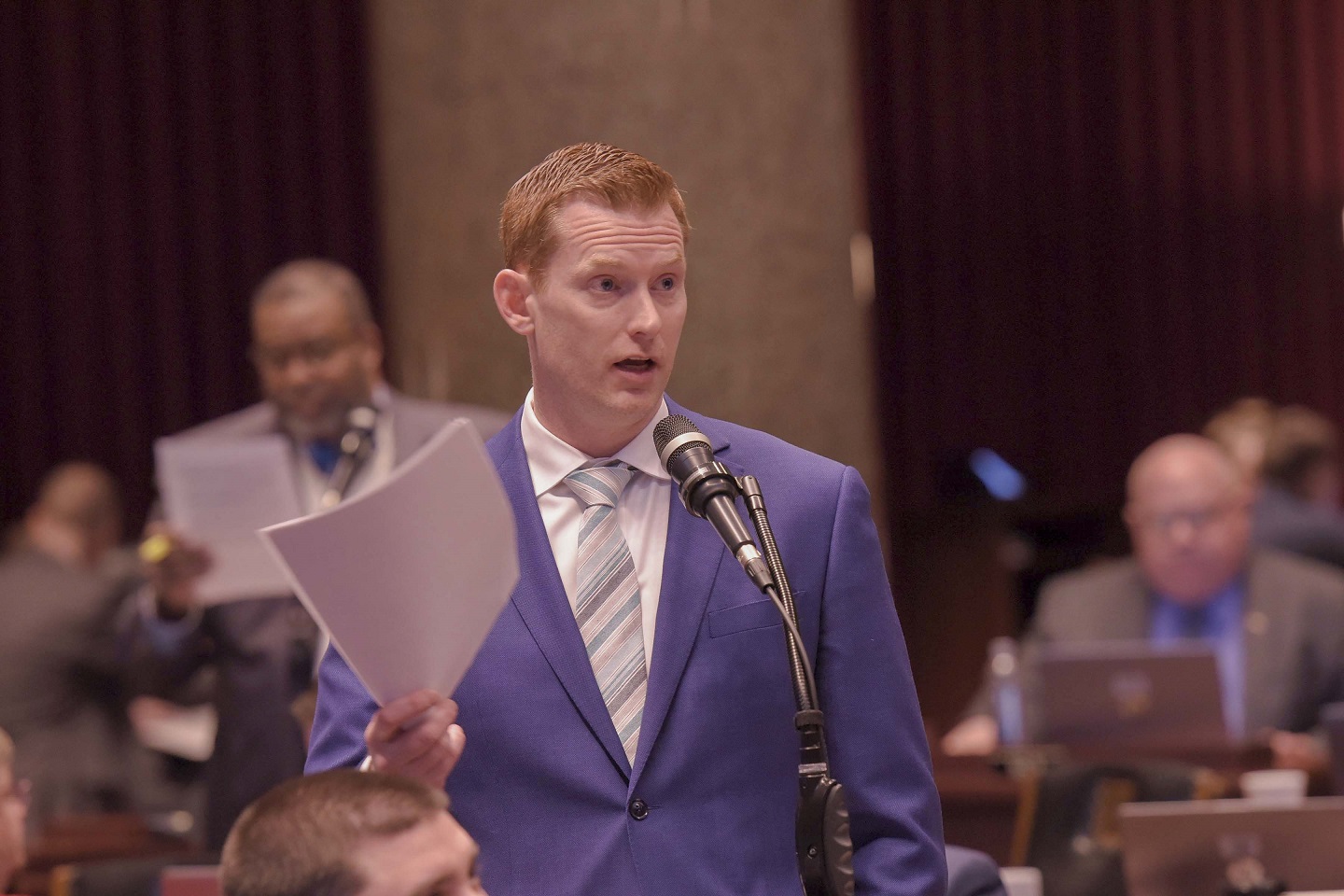The Missouri House voted to make it easier for people with criminal records to reintegrate into society by getting a job, and to save them from working toward getting a job only to find out after much time, effort, and expense that their offenses will disqualify them.

The House has passed the “Fresh Start Act of 2019,” House Bill 564. It would keep people from being barred from a job for committing crimes that have no relation to the work of that job.
“If you want to cut hair and be a cosmetologist, the cosmetology board can’t say you will not be allowed to get a license because you were convicted of mortgage fraud ten years ago,” said bill sponsor Derek Grier (R-Chesterfield). “It just doesn’t make sense and it prevents people that want to get to work from getting to work.”
The bill would also require applicants to be told in a timely manner whether their record will preclude them from getting a given job.
“We’ve actually had specific examples in this state where people have gone through the training, spent the time, energy, and money to get the training and go through the courses to get a license, and at the very last step they apply to the board and they are denied the license,” said Grier. “In some cases people have spent six months to a year and tens of thousands of dollars to get that training only to find out later that they don’t qualify. Well, I think that’s wrong. I think we need to fix that.”
Grier said Missourians now must be licensed in order to work in one out of 5 jobs. He said while licensure is supposed to be about protecting the health, safety, and wellbeing of the public, industry groups have turned it into something of a “protectionist strategy.”
Supporters of HB 564 said the proposal falls in line with other criminal justice reforms the legislature has put forward in recent years, as well as other efforts to fight recidivism.
Springfield representative Steve Helms (R) said what Missouri is doing now, in the cases of people who come off of a prison term and pursue the education needed for a specific job, is contradictory.
“What we’re saying on one hand is, ‘Turn your life around buddy, ‘cause you’ve made mistakes,’ and yet we’re putting barriers and impediments to them,” said Helms, “and then once you’ve spent the thousands of dollars, if you were able to get the degree or education, then we’ll tell you if we’ll even let you work in that occupation.”
Those convicted of crimes that are not violent or sexual in nature cannot be disqualified from an occupation for more than five years unless they re-offend in that time. Those with convictions can petition a licensing authority about whether they are eligible for licensure and the authority must respond within 30 days after meeting, and not more than four months after getting the petition.
The bill does not apply to peace officers or law enforcement personnel.
The House voted 151-1 to send the bill to the Senate.

